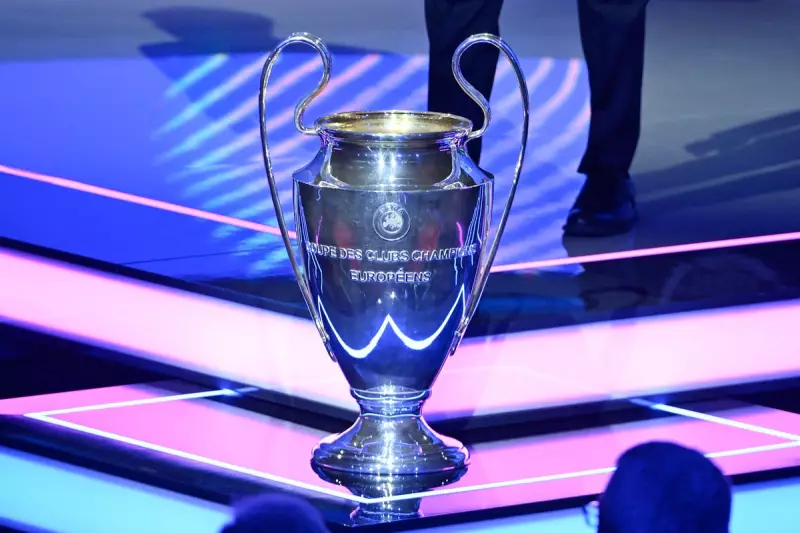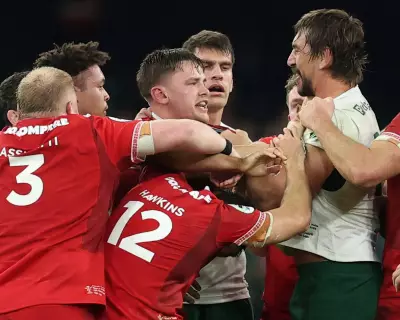
European football is poised for its most significant transformation in a generation, as UEFA officially confirms the fixture calendar and revolutionary new format for the 2025/26 UEFA Champions League season.
Gone is the traditional group stage, replaced by a single, sprawling 'league phase' featuring 36 teams—a major increase from the current 32. This new 'Swiss model' is designed to create more high-stakes, big-name clashes from the very outset of the competition.
How The New 'League Phase' Will Work
Under the new system, each of the 36 qualified teams will play eight matches in the league phase, facing eight different opponents. The fixtures will be determined by a seeding system, ensuring a balanced mix of opponents from different ranking pots.
The top eight teams in the final league table will automatically progress to the prestigious Round of 16. Teams finishing between 9th and 24th will enter a nail-biting two-legged play-off to secure the remaining eight spots. Those ending up 25th or below will be eliminated from European competition for the season.
Key Dates For Your 2025/26 Diary
The new-era tournament will kick off in earnest, with the matchdays condensed into a tighter schedule:
- League Phase: Runs from September to January, with matches scheduled across six weeks designated for European fixtures.
- Matchweek 1: September 16-18, 2025
- Matchweek 2: October 1-2, 2025
- Matchweek 3: October 22-23, 2025
- Matchweek 4: November 5-6, 2025
- Matchweek 5: November 26-27, 2025
- Matchweek 6: December 10-11, 2025
- Matchweek 7: January 21-22, 2026
- Matchweek 8: January 29, 2026
The knockout stages, beginning with the play-offs in February, will then follow a familiar pattern, culminating in the 2026 final in Budapest.
What This Means For Fans & Clubs
This format overhaul promises a more dynamic and unpredictable competition from the start, reducing the number of perceived 'dead rubbers' that can occur in the group stage. For clubs, it significantly increases the number of guaranteed games, boosting broadcast and matchday revenue.
However, the expanded fixture list also adds to the already congested calendar, placing greater demands on elite players. The success of this bold new format will be judged on whether it enhances the spectacle and prestige of the world's premier club competition.





